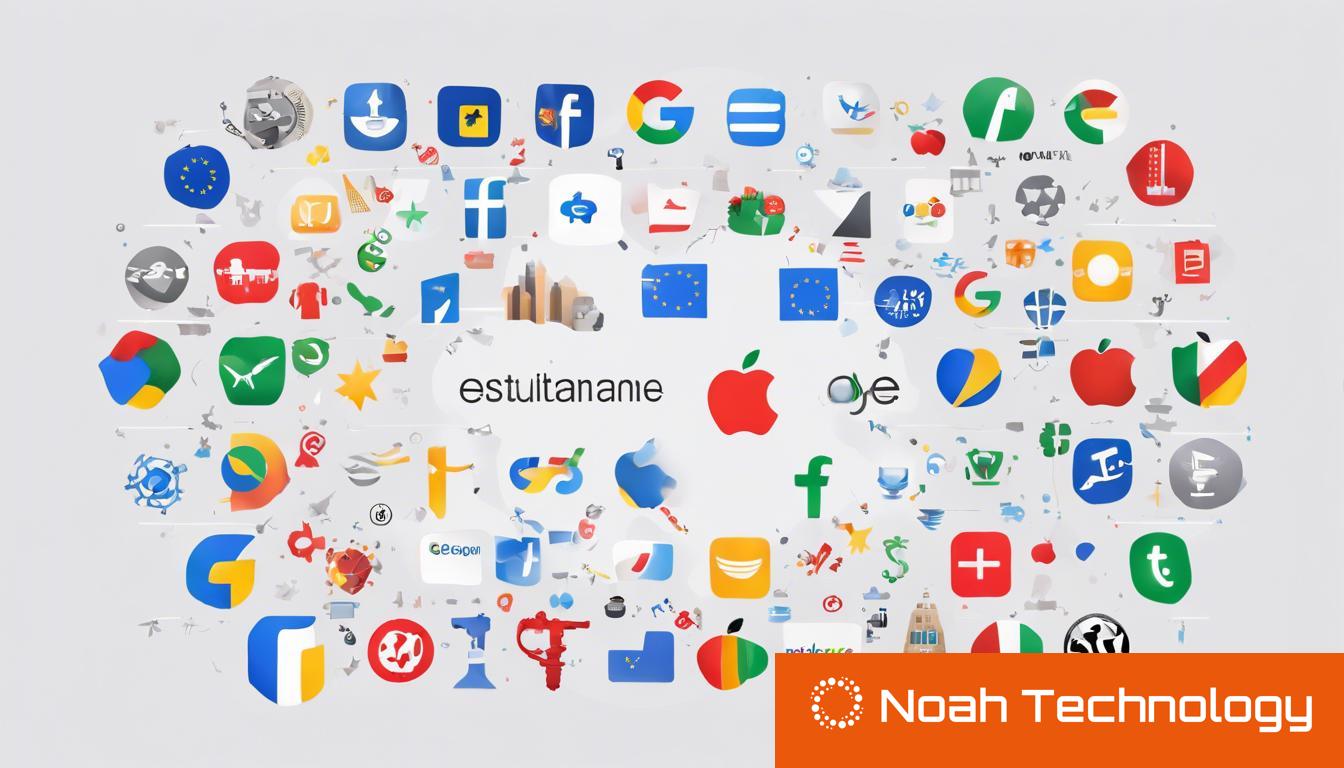Europe’s Digital Markets Act is poised to transform the operations of major tech firms like Amazon, Apple, Google, and others, enforcing rules to curb market dominance and promote competition.
Europe’s Digital Markets Act (DMA) is setting the stage for a major overhaul in how tech giants operate, with significant implications for global technology companies and consumers alike. Leading tech firms, including Amazon, Apple, Google, Meta (formerly Facebook), Microsoft, and ByteDance (the parent company of TikTok), are in the spotlight as the European Union enforces new rules aimed at curbing their market dominance and fostering a more competitive digital environment. This legislation is pivotal in the EU’s effort to ensure fairer digital markets and is seen as a benchmark for similar regulations being considered worldwide, with countries like Japan, Britain, and Australia among those taking note.
The DMA mandates several changes to how these companies conduct business in Europe. It introduces measures to prevent these firms from setting their own services as default options and offers users more freedom in choosing preferred search engines, browsers, and other services. For instance, Android users will gain the ability to select their preferred search engine, while iPhone users can choose their internet browser, challenging the preeminence of pre-installed services. The act also aims to curb self-promotion of services in search results and grants users more control over personalized advertising.
Violations of the DMA could lead to severe penalties, including fines of up to 20% of a company’s global annual revenue and possibly the forced breakup of businesses for repeated infringements. This regulatory push highlights the EU’s commitment to dismantling digital monopolies and promoting a more open digital market.
Amid these regulatory changes, Apple has been hit with a substantial €1.8 billion fine by the EU over allegations of stifling competition in the music streaming market, illustrating the economic and operational challenges tech giants face under the DMA’s provisions. The fine, stemming from dispute over Apple’s App Store rules and its impact on rivals like Spotify, exemplifies the broader scrutiny tech companies are undergoing in terms of competition practices and market dominance.
As the tech industry grapples with these sweeping regulations, the effectiveness and enforcement of the DMA remain subjects of debate among stakeholders, including competitors like Ecosia who express concerns over the potential for established players to undermine the act’s intent. The situation underscores a period of significant adjustment for the tech sector, with a focus on enhancing transparency, consumer choice, and fair competition in the digital marketplace.
